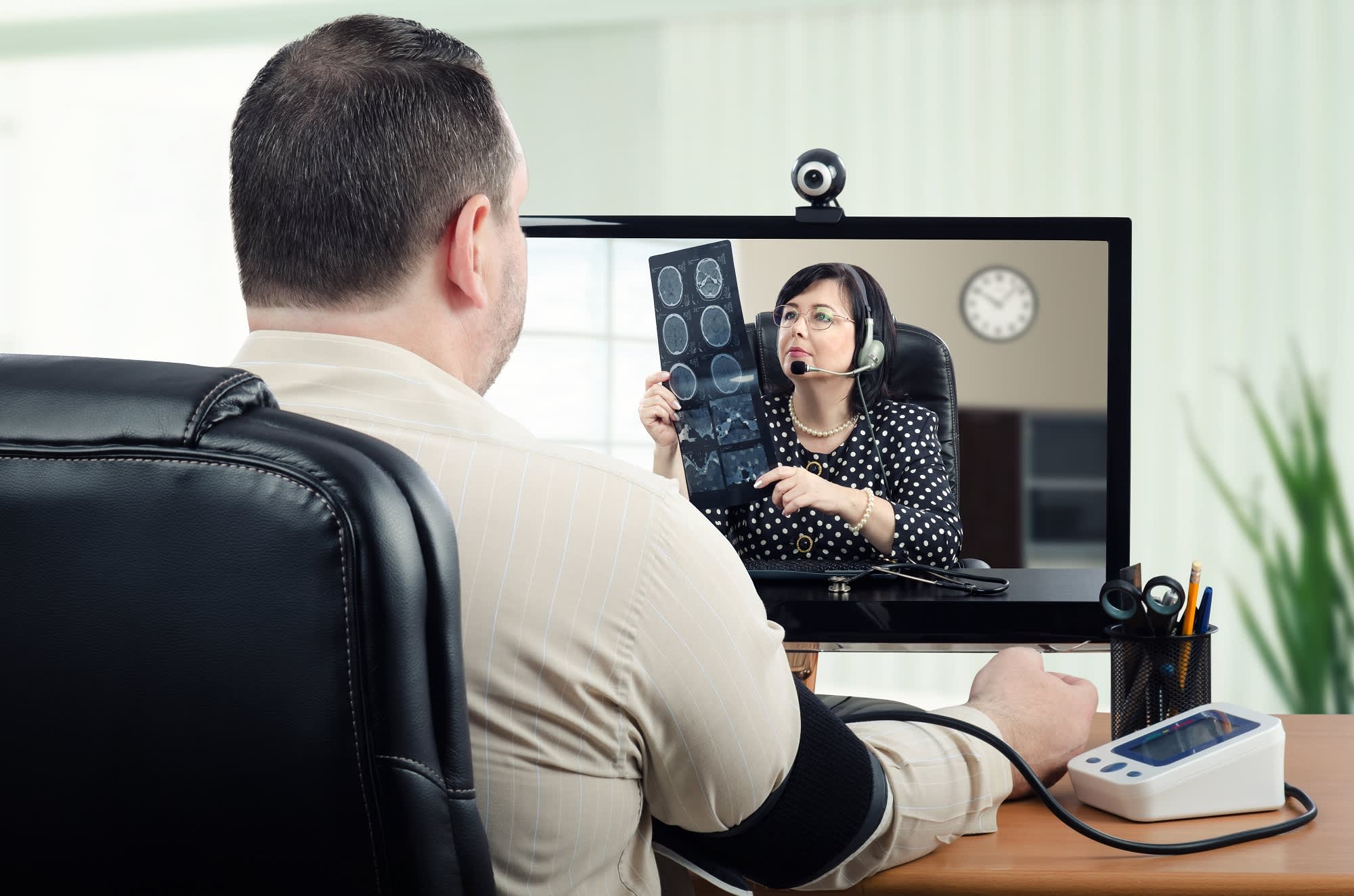Smart devices are moving from fitness tracking to monitoring patients with chronic illnesses

verbaska_studio | Getty Images
The first generation of wearable devices, like smartwatches and activity trackers, were aimed at helping generally healthy people track their physical activity. Now, the medical industry is looking for ways to use smart gadgets to monitor patients with chronic illnesses.
Keeping track of patients after they go home is increasingly important for hospitals, which are getting punished by the government for preventable readmissions. Those are the customers Myia Health is targeting.
Founded in 2018 by a team of Bay Area doctors, designers and engineers, Myia charges a monthly subscription to hospitals for its technology suite. The company sends patients a kit consisting of a home hub tablet, a connected blood pressure cuff from Omron, a patch that tracks the heart's rhythm, a ballistocardiogram that fits under the mattress and passively tracks heart rate, a wireless scale and a ring that tracks sleep and physical activity from a start-up called Oura.
Simon MacGibbon, Myia's CEO and a former marketing executive at Sports Authority, told CNBC that the setup is designed to be simple for the patient. Most of the devices can be plugged into a wall socket, while the Oura ring needs to be charged once a week.
How the Myia system works
Myia
Myia's first big deal is with Mercy Virtual, the digital-only unit of hospital chain Mercy Health. The company has enrolled thousands of Mercy patients who suffer from congestive heart failure.
Myia is starting with congestive heart failure because the disease carries early warnings signs that could potentially be monitored from home, said Farzad Azimpour, the company's chief medical officer. Almost six million people in the U.S. have the disease, according to the CDC, and more half of those diagnosed with heart failure will die within five years.
Terms of the deal between Myia and Mercy weren't disclosed, but Mercy has invested $5 million in the start-up as part of a recent $10 million financing round.
In addition to providing the gadgets to the consumer, Myia also offers the hospital tools for tracking its patients. Azimpour, who's also a cardiologist, said that over time, Myia's technology should get smarter so it can pinpoint more subtle and possibly earlier signs of heart failure. That includes changes in in heart rate, rhythm and breathing, said Azimpour.
Myia and other start-ups providing this type of technology haven't yet proven if they can dramatically improve patient outcomes, but the medical industry sees a lot of potential.
Gavin Helton, Mercy's head of clinical integration, said it's critical that start-ups collaborate closely with hospitals.
"We decided to make an investment in them because we believe we will spend significant time and effort co-developing and helping guide development of their platform," said Helton, who worked as a primary care physician for almost two decades. "We both agree it's better to treat patients earlier when we can prevent the progression of the disease."
Helton said he hopes to expand the program to patients with other chronic conditions, like diabetes, as well as to end-of-life care. It's part of a broader shift across the health system, where care providers are paid based on patient outcomes and not for services like tests and procedures.
"It's what the patient wants," said Helton. "That's the highest quality at the lowest cost, and that flies in the face of the fee-for-service model."
WATCH: Telemedicine allows patients to access doctors on demand. Here's how.
Read More
No comments